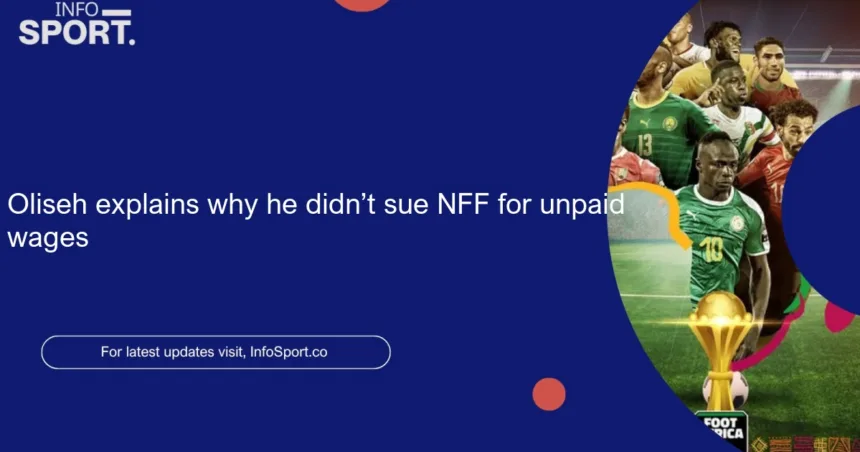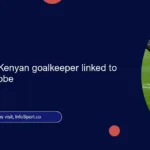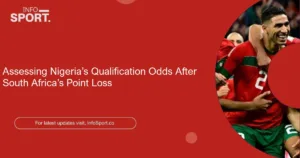Why I Didn’t Sue NFF Over Unpaid Salaries — Oliseh
In an era where nearly 60% of athletes face unpaid wages, former Nigerian national football coach Sunday Oliseh has sparked conversation by revealing why he opted not to take legal action against the Nigeria Football Federation (NFF) for unpaid salaries. His reflection highlights the broader implications for sports management and contractual integrity.
Understanding Context: The Unpaid Salaries Issue
Oliseh, who had a tenure marked by significant achievements and tumult, disclosed in a recent interview that his decision against suing the NFF stemmed from a desire to maintain dignity and respect within the football community. He acknowledged that unresolved salary disputes plague many federations, stating that, “It’s not just about money; it’s about protecting the game’s integrity.”
Indeed, FIFA data reveals that unpaid salaries are a common theme in global football, affecting not only players but coaches and staff as well. This context amplifies Oliseh’s decision, suggesting a need for stronger governance in football administrations.
The Broader Impact on Football Governance
Opting out of litigation can sometimes reflect a refusal to further tarnish one’s professional reputation. Moreover, Oliseh’s approach emphasizes the importance of dialogue over legal recourse. He remarked that “constructive discussions can lead to better solutions.”
This sentiment resonates in the sports industry, where legal battles often divert energy and resources away from the actual game. Effective communication between athletes and federations is essential for fostering positive environments within national teams and clubs alike.
Conclusion
Oliseh’s choice not to sue the NFF over unpaid salaries not only reflects his commitment to the sport but also underlines the pressing need for transparent governance in football. By advocating for open dialogue, he sets a precedent for how similar disputes might be handled in the future. Stakeholders within the industry should reflect on this approach and consider prioritizing communication strategies over confrontation.























